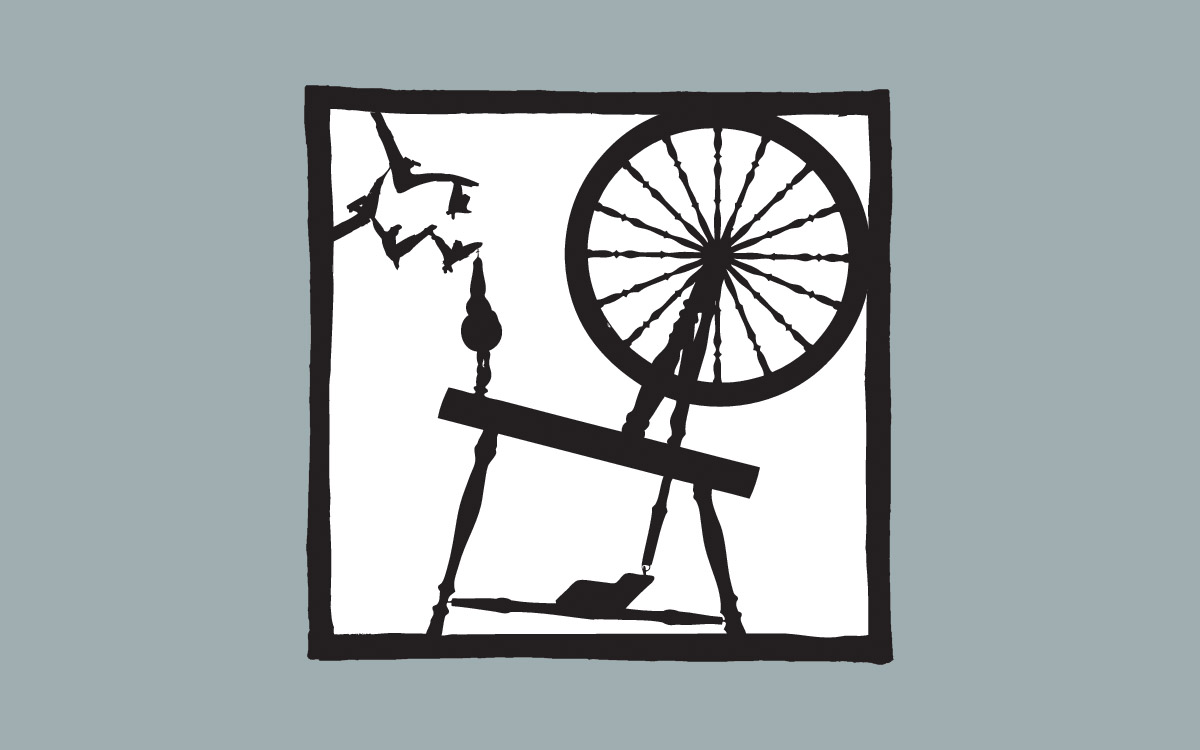As part of the Halle's 'Dvorak: Nature, Life and Love' Festival, the orchestra and Sir Mark Elder took us through this very dramatic and nationalist music. Generally called a tone poem (or symphonic poem), such a work is a piece of stand-alone orchestral music which takes the listener on a journey; a journey determined by the narrative of the scripted work the composer has chosen to musically dramatise. Such works are usually folk stories or works of great local historical importance and they will, through the music, relate the story to you. Smetana's 'Ma Vlast' and 'The Moldau', or Sibelius' 'The Swan Of Tuonela' are prime examples of this.
Towards the end of Dvorak's life, and on his return to The Czech Republic after having lived in America, he became more and more obsessed with his Czech roots and, just as he had done when in America immersing himself in the land, the culture, the history, and the stories of that nation, he now returned to his homeland to do the same, and so in 1896, Dvorak composed four tone poems from Karol Jaromir's popular folk ballads. These were, 'The Water Goblin', 'The Noonday Witch', 'The Golden Spinning Wheel', and 'The Wild Dove'.
Once he had composed these he then devoted the rest of his life to opera. It was almost as if the tone poems were where he nurtured his genius of composing operatic melody and finding narrative in music. He had done it with American music, but now he needed to write of the land of his birth and of the country that he had missed so much whilst in The States.
In this hour-long concert, Sir Mark Elder, Music Director for The Halle Orchestra first of all talked us through the story of The Golden Spinning Wheel. A rather gruesome and blood-thirsty tale, but of course, as all such stories do, it has a happy ending. He then, with the help of the orchestra played sections of the work, explaining to us what that particular theme represented in the narrative. The King riding through the forest, The chopping off of Dornicka's hands, feet and eyes, The Magical Old Man, The Golden Spinning Wheel spinning and singing the story, for examples. This was extremely interesting and most illuminating.
He also mentioned in passing that Dvorak differed from his contemporary Richard Strauss in that Strauss was concerned in finding realism in the music; trying to make the music sound as much like the actual thing as possible; whereas Dvorak was much more romantic and suggestive, allowing the listener more creativity and imagination.
He spoke and played examples for about half and hour, and then, with the aid of two screens either side of the orchestra which retold the narrative once again at the correct time during the piece, Sir Mark conducted the orchestra in a complete and uninterrupted rendition of this work that has never been played by The Halle Orchestra before.
A truly wonderful idea, and, although it ended up as much more of a lecture or masterclass rather than a concert, I found it extremely informative and has increased my understanding and love of Dvorak. It was not too 'in depth' and technical. The talk was pitched at a level that even a novice with only a rudimentary understanding of music would have been able to understood, and as always, Elder's passion and intellect shone through.
Personally though I think I would have preferred a longer concert, and been able to listen to all four tone poems in order. Maybe spend the first half before the interval giving a talk about all the four with small examples and then after the interval play them all together. Perhaps also that way they would have had a bigger audience to perform to. After the afternoon's masses, to have seen barely 300 people all in the first few rows of the stalls must have been heartbreaking for them.
Reviewer: Mark Dee
Reviewed: 18th May 2016

